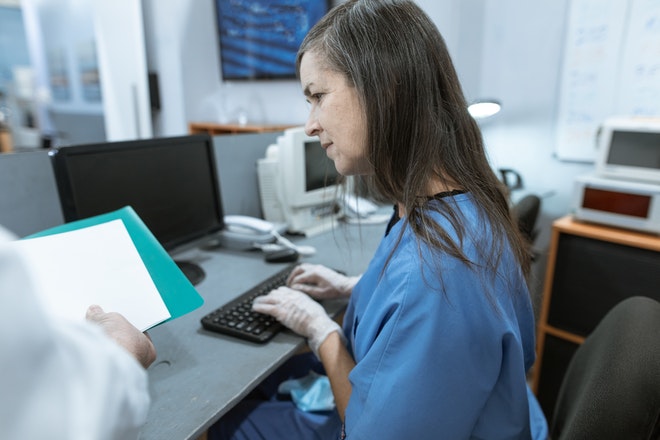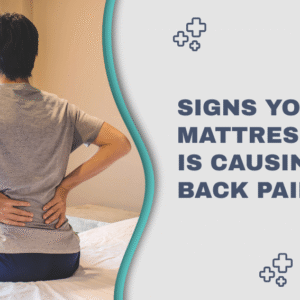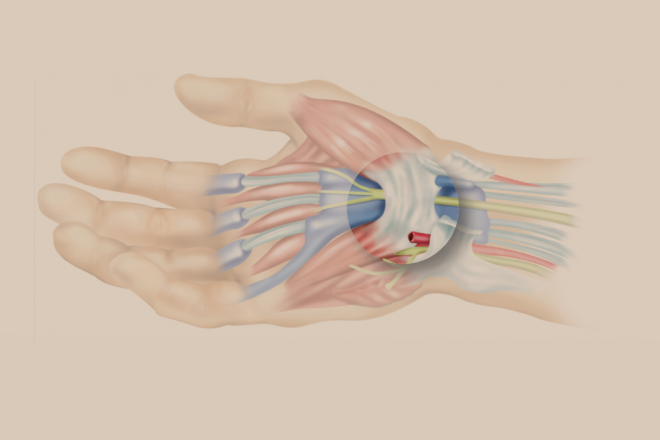As advocates for women’s health and well-being, we are committed to providing comprehensive and reliable information on maintaining proper menstrual hygiene. In this article, we present five essential tips to ensure better menstrual health and comfort.
How Can I Improve Menstrual Hygiene?
By following these guidelines, you can significantly improve your overall well-being during your period.
Choosing the Right Menstrual Products
Selecting the appropriate menstrual products is crucial for maintaining good hygiene and comfort during your period. There are various options available, including sanitary napkins, pads, tampons, menstrual cups, and period panties. It’s essential to understand your body’s needs and preferences to make an informed choice.
- Menstrual Cups: A Safer and Eco-Friendly Option
Menstrual cups are gaining popularity due to their eco-friendliness and cost-effectiveness. Made of medical-grade silicone, these reusable cups collect menstrual blood instead of absorbing it.
They are safe to wear for up to 12 hours and can be used for several years with proper care. By adopting menstrual cups, you can reduce waste and contribute to a more sustainable environment.
Another option is reusable sanitary pads. These are made from cloth or bamboo and do not contain any chemical. You can just wash and reuse them during your periods.
Maintain Personal Hygiene
Practising good personal hygiene is essential during menstruation to prevent infections and discomfort. Here are some essential tips to follow:
- Frequent Changing of Menstrual Products
Regardless of the menstrual product you choose, it’s crucial to change it regularly. Prolonged use of the same product can lead to bacterial growth and an increased risk of infections.
For disposable products like pads and tampons, change them every 4 to 6 hours. If you’re using a menstrual cup, empty and clean it at least twice a day.
- Proper Genital Area Cleaning
Keep the genital area clean by washing it with mild, unscented soap and water regularly. Avoid using harsh cleansers or douching, as they can disrupt the natural pH balance and cause irritation. Pat dry the area gently with a clean towel after washing.
Maintain a Balanced Diet
A balanced diet plays a vital role in supporting menstrual health. Proper nutrition can help alleviate menstrual symptoms and improve your overall well-being during this time of the month. Here are some dietary tips:
- Increase Iron Intake
Many women experience a decrease in iron levels during menstruation, which can lead to fatigue and weakness. Include iron-rich foods in your diet, such as leafy greens, beans, tofu, and fortified cereals, to help maintain healthy iron levels.
- Stay Hydrated
Drinking an adequate amount of water is essential during your period. It can help prevent bloating, reduce cramps, and keep your body well-hydrated.
Exercise and Relaxation Techniques
Engaging in regular physical activity can be beneficial for menstrual health. Exercise helps in reducing stress, improving blood circulation, and releasing endorphins, which can alleviate menstrual discomfort. Consider low-impact activities like yoga, walking, or swimming during your period.
Track Your Menstrual Cycle
Keeping track of your menstrual cycle is essential for understanding your body’s patterns and detecting any irregularities. Several apps are available that can help you monitor your periods, symptoms, and mood changes throughout the month.
By knowing your cycle better, you can be prepared and manage any menstrual-related challenges effectively.
Conclusion
Proper menstrual hygiene is crucial for every woman’s health and comfort during their period. By choosing the right menstrual products, maintaining personal hygiene, following a balanced diet, engaging in regular exercise, and tracking your menstrual cycle, you can ensure a healthier and more comfortable period experience.
Remember that every woman’s body is different, so it’s essential to find what works best for you. Prioritise self-care and make informed decisions to lead a happier and healthier menstrual journey.






